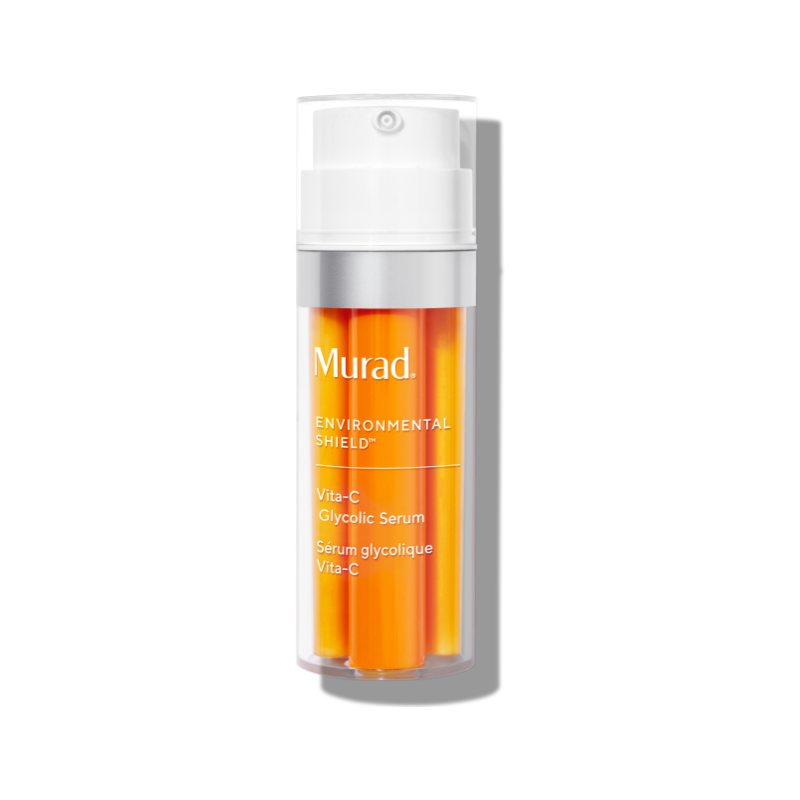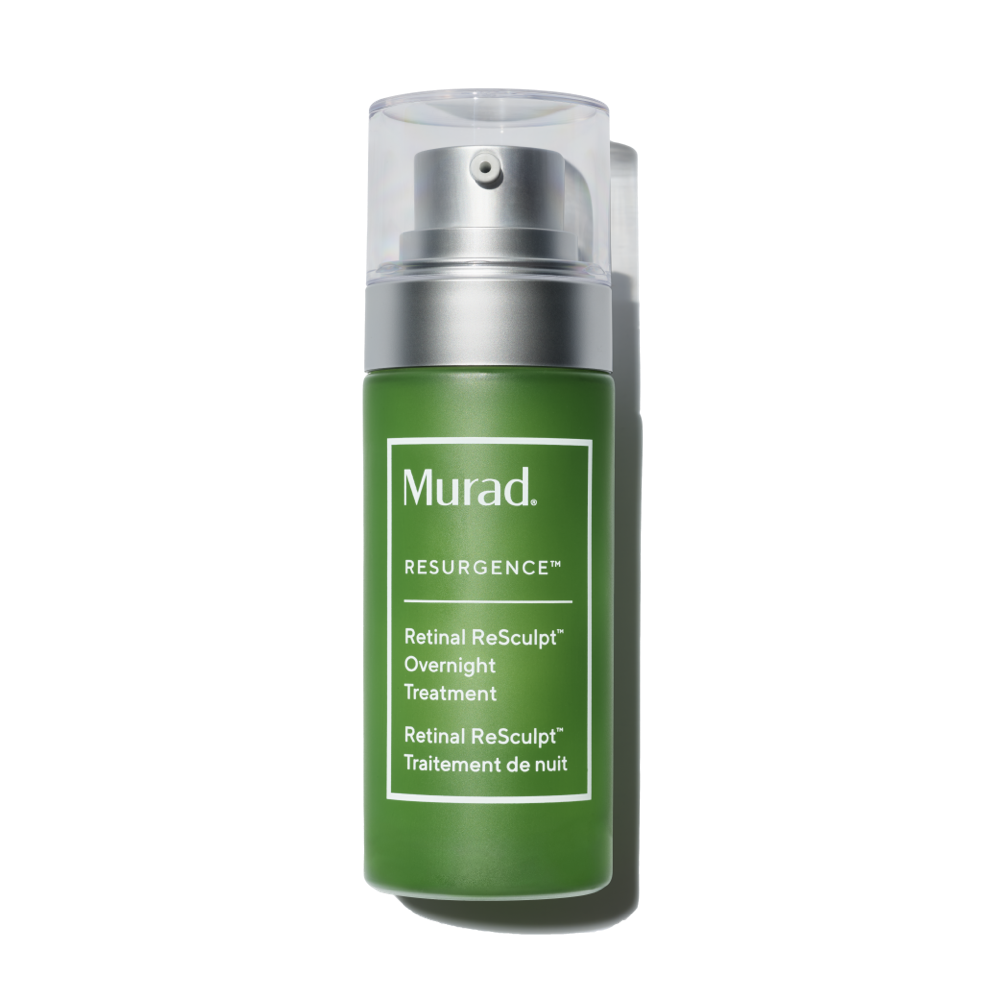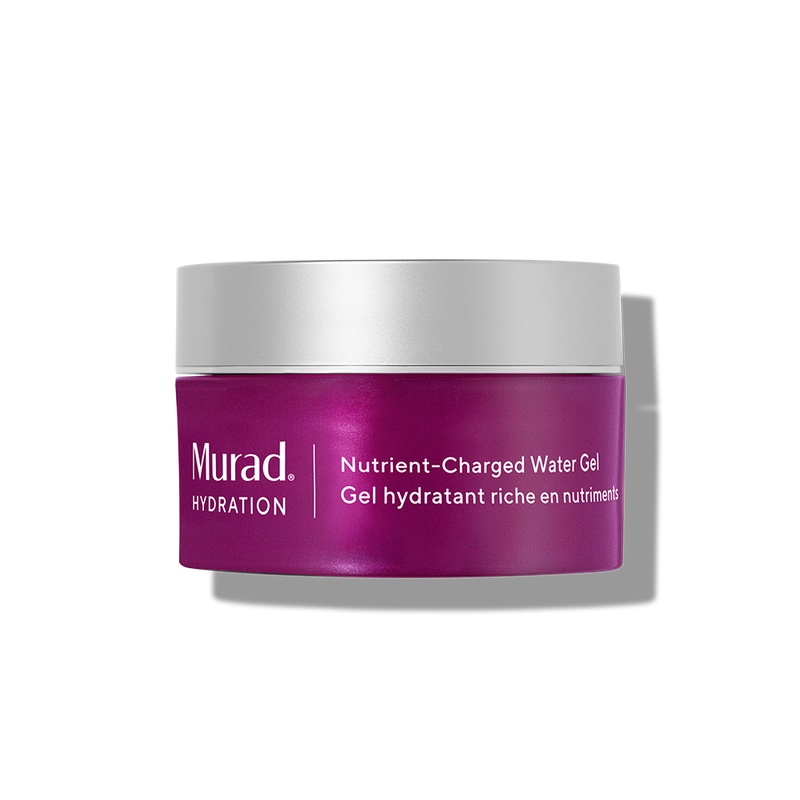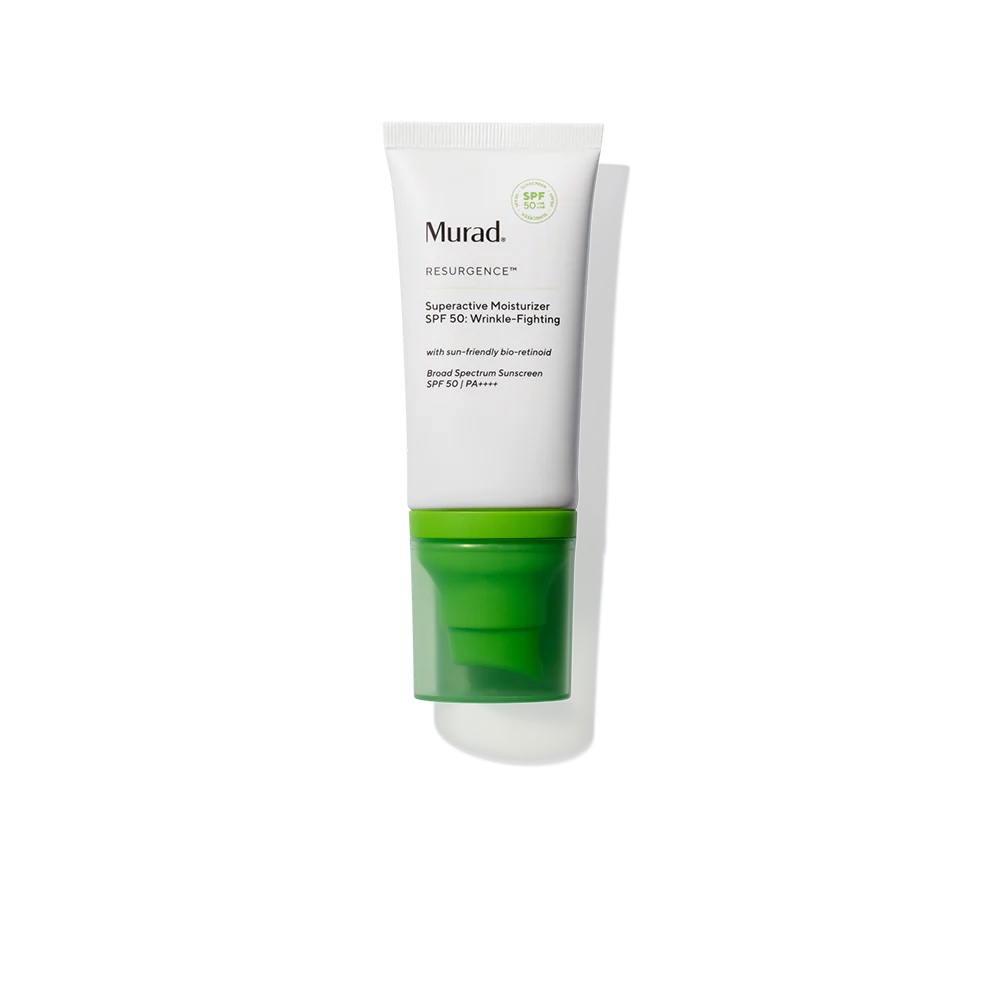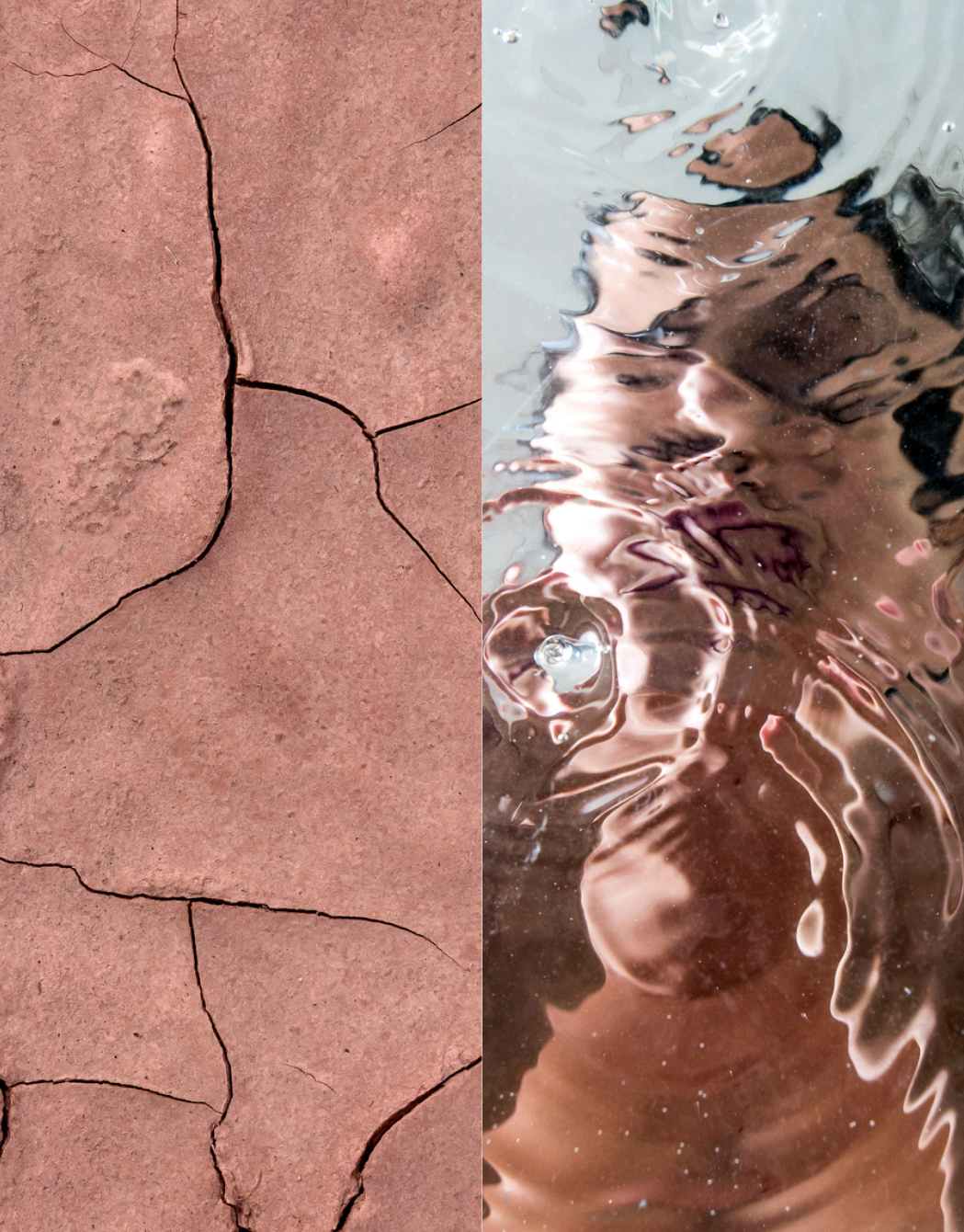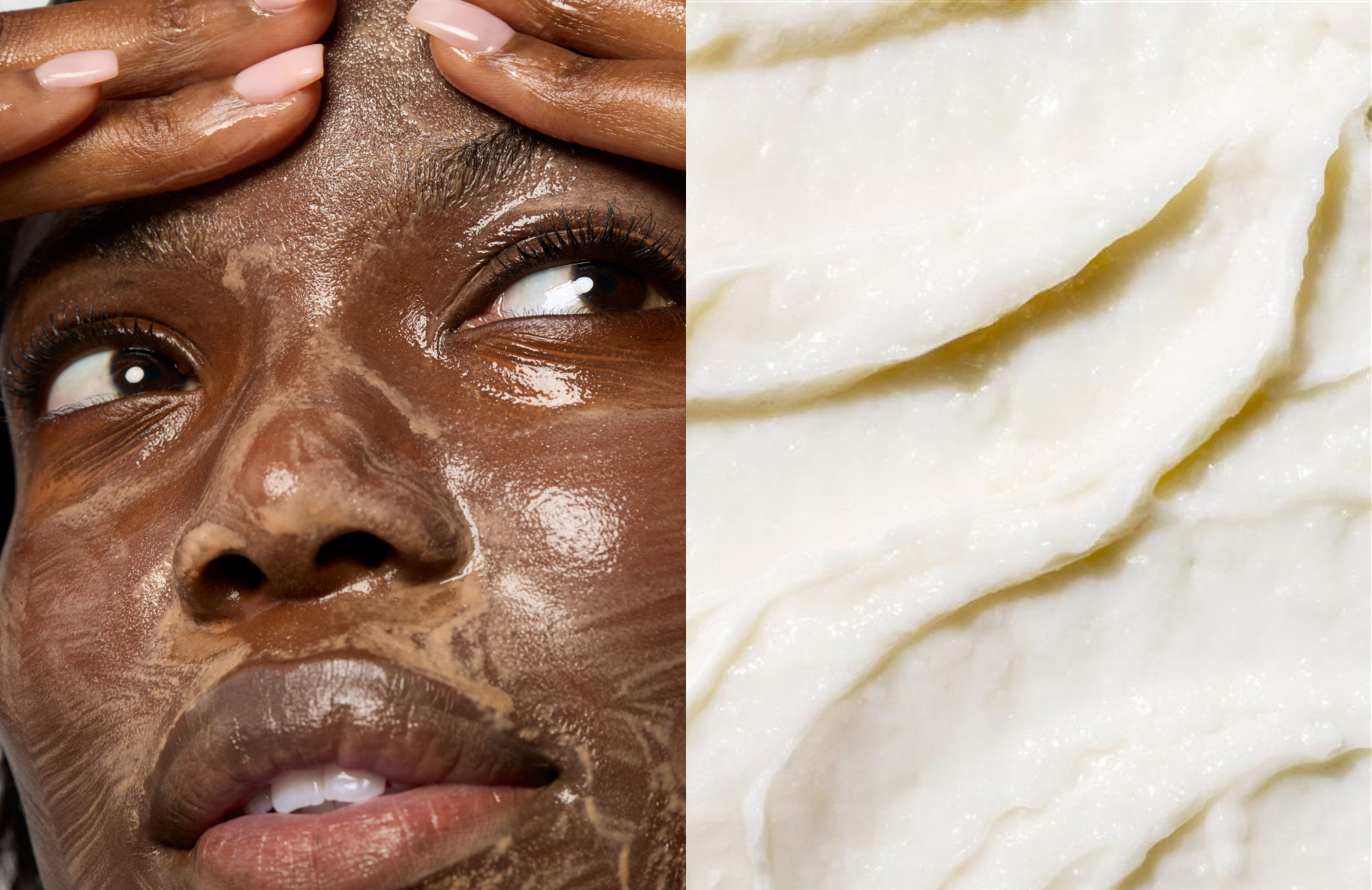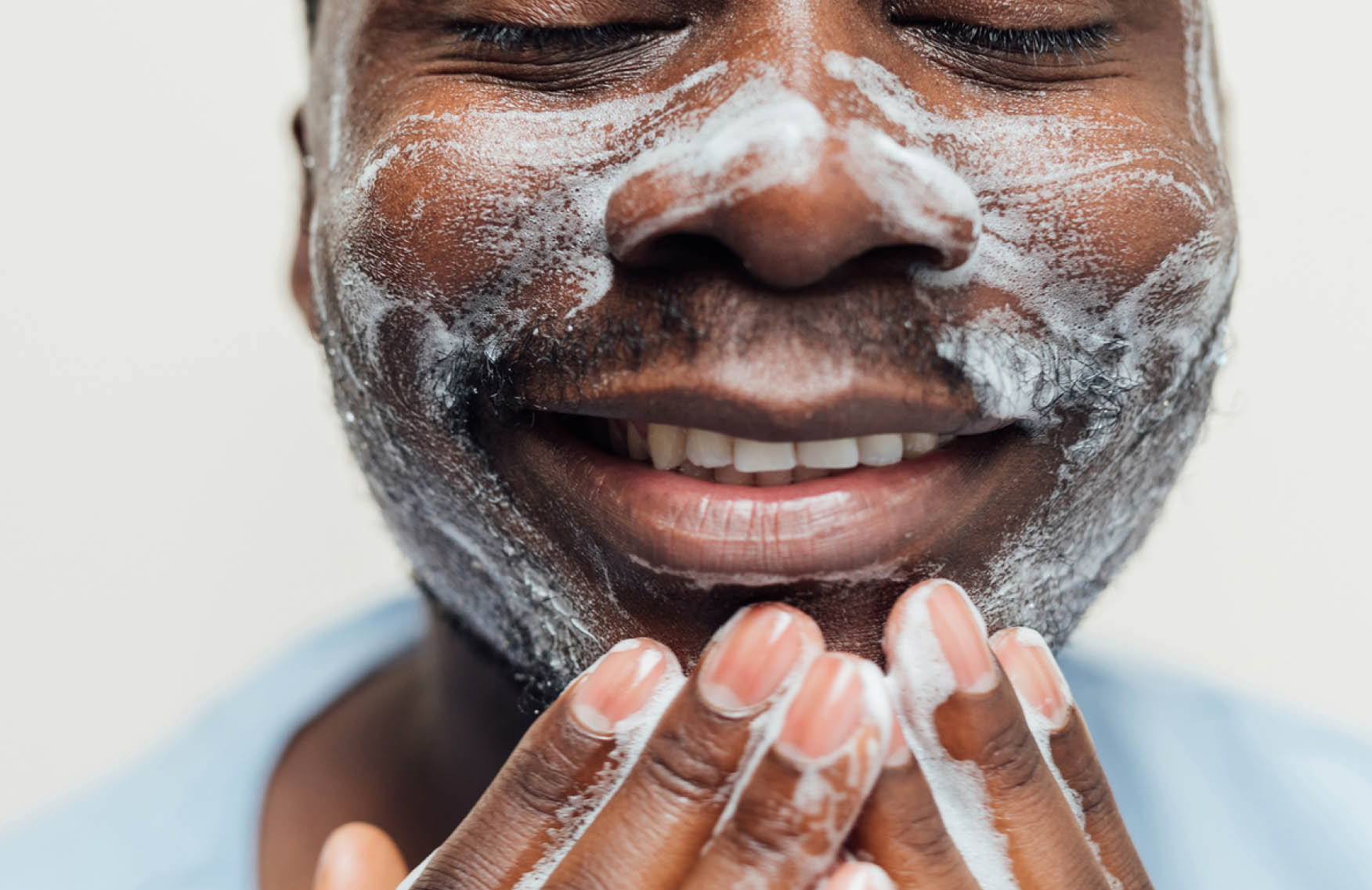Collagen benefits for skin: Overhyped hack, or the secret to youthful skin?

Whether you eat it, drink it, blend it, or apply it, there’s an insatiable quest to get more collagen into our bodies. While research is still making headway the most successful ways to build and preserve collagen, this much is clear: collagen starts to decline as early as our 20s and contributes to wrinkles, sagging, skin laxity, loss of volume, and suppleness.
We dove deeper to get answers about collagen benefits—including what does collagen do and what is collagen good for—with Dr. Rebecca Small, board-certified physician, founder of RSMD Medical Aesthetics, clinical professor at the University of California, San Francisco, School of Medicine, and director of medical aesthetic training at Dominican Hospital.
What does collagen do, and why is it important for skin?
“Collagen is the most abundant protein in the human body, and in the skin it serves as a vital structural support,” Small says. “Collagen is produced by fibroblasts that transform into long, triple-helix fibrils. Think of collagen as sturdy cables that form a scaffold and help skin stay firm and resilient.” These sturdy cables originate as a strong, organized maze
While collagen is found all throughout our body, the most common type, Type I collagen “makes up the majority of the dermis and is responsible for strength, structure, and integrity,” Small says.
What are some collagen benefits for skin?
According to Small, collagen is what keeps skin:
- Firm and lifted: provides structure and resists sagging
- Taut and smooth: functions as a supportive net beneath the surface
- Resilient and hydrated: helps retain moisture and maintain a healthy barrier
What is collagen good for?
When collagen levels are strong, skin naturally appears plumper, tighter, and more youthful. But, like all things with age, collagen production slows, and existing fibrils weaken and break.
“Both intrinsic aging (your natural biological clock) and extrinsic factors (such as UV exposure, pollution, and smoking) contribute to collagen breakdown in our skin. This combination of reduced production and increased destruction leads to visible changes, sagging, fine lines, laxity, and thinning of the skin. Let’s go back to the concept of collagen as sturdy cables that form a scaffold: When you lose skin’s scaffolding, skin inevitably loses its firmness, lift, and youthful contours,” Small tells us.
Does increasing collagen help with skin firming, lifting, and tautness?
“Yes, increasing collagen does improve firmness and elasticity,” Small says. “But the most effective results come from collagen-stimulating treatments such as lasers, microneedling, and chemical peels.” These procedures that run the gamut from no downtime to intensive downtime directly trigger fibroblasts to rebuild the dermal network.
Can collagen supplements help boost collagen production in skin?
Small says, “There are limited but promising studies showing that oral collagen peptides may improve skin elasticity, hydration, and fine lines after 8–12 weeks of consistent use.” But many wonder if collagen fully absorbs when taken as a dietary supplement. “Collagen supplements are usually hydrolyzed into small peptides and amino acids, which the body can absorb. They may act as building blocks, and even signal skin cells to produce new collagen.”
“While some clinical studies suggest improvements in skin elasticity, hydration, and fine lines with regular use, the evidence is still limited, and results are generally modest.” Small notes that it is important to consder that the body does not “reinstall” collagen in the exact form you ingest. “Supplements may support the collagen process, but outcomes depend on factors like consistency, dosage, and overall lifestyle habits such as diet, sun protection, and sleep.”
Do topical applications of collagen support skin health and structure?
Skincare experts are still weighing the benefits of topical application of collagen, while noting it hydrates the surface for visibly plumper, fuller skin. Similar to collagen supplements, Small tells us that skincare ingredients that act like building blocks for collagen production may provide more tangible, visible results.
How can I stop my collagen from breaking down?
For your skin, “Active topical ingredients like retinol, vitamin C, peptides, and growth factors do stimulate collagen production in the skin,” Small says. “When used consistently, these ingredients can help stimulate your own collagen or protect the collagen you already have by helping to strengthen the scaffold, support firmness, and smooth visible signs of aging over time.”
- Vitamin C: Critical cofactor for collagen synthesis and a powerful antioxidant
- Retinol (Vitamin A): Proven to stimulate fibroblasts to make new collagen
- Growth factors: Proteins that promote cell renewal and collagen growth
- Niacinamide (Vitamin B3): Strengthens the barrier and supports elasticity
- Peptides: Act as messengers to encourage new collagen formation
- Daily sunscreen: Equally essential to building collagen since UV light is the number one cause of collagen breakdown
Is there such thing as a collagen skincare routine?
Small says you can support healthy collagen levels in your skin by pairing ingredients that work in synergy. “In the morning, vitamin C plus sunscreen can help protect and preserve collagen from UV and free-radical damage. At night, retinol + peptides help stimulate fibroblasts to build new collagen while you sleep. Niacinamide + hydrating ingredients, like hyaluronic acid, provide a healthy skin environment so collagen can thrive.”
The bottom line: “Collagen is the foundation of youthful skin. While production naturally declines with age, you can support it primarily through collagen-boosting skincare and protective habits. Protect, stimulate, and support your skin’s structural framework, and you’ll keep skin firmer, smoother, and more radiant.”
FAQs
Q. What are some signs of collagen loss in skin?
A. Signs of collagen loss in skin include sagging, wrinkles, crow’s feet, and loss of suppleness and smoothness.
Q. Can I make my skin produce more collagen?
A. You can actively help preserve the collagen you have while stimulating collagen production. Experts recommend taking a multi-pronged approach: Incorporate collagen-building ingredients like retinol and vitamin C, while also eating a diet rich in collagen-boosting and antioxidant-rich foods
Q. How can I protect my existing collagen?
A. Wearing sunscreen every single day and limiting time spent in direct sunlight will help prevent collagen-destroying UV damage. In addition, you can incorporate antioxidants into your diet and skincare regimen to fortify your skin against collagen loss. According to the Harvard School of Public Health, getting adequate sleep, avoiding smoking or secondhand smoke, and controlling stress are all healthy lifestyle habits that can help protect your body’s natural collagen.
The views expressed in this article do not necessarily represent the views of Murad, and are for informational purposes only, even if the advice of physicians and medical practitioners are included. This article is not a substitute for professional medical advice, diagnosis or treatment, and should not be considered specific medical advice.
